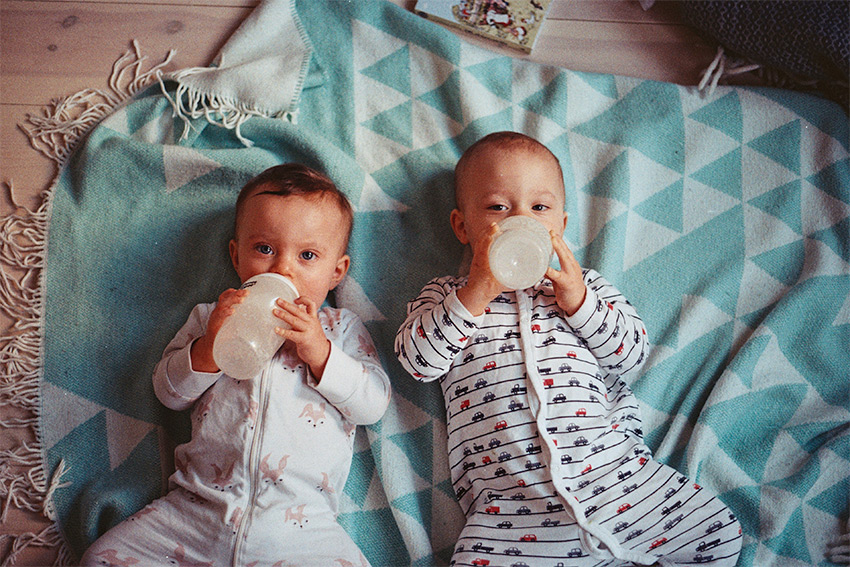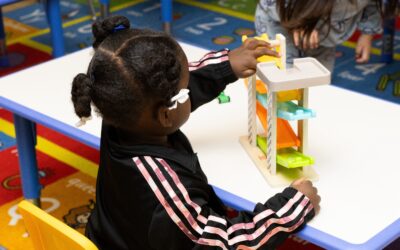Many children on the autism spectrum struggle immensely with sleep issues. Studies show that children on the spectrum are two to three times more likely to suffer from insomnia than their neurotypical counterparts of the same age.
As anyone who has lost sleep may know, lack of sleep can adversely affect one’s attitude, energy levels and health. The same is true for children, and even more so for children on the spectrum. Not only can lack of sleep affect a child’s behavior but it can also contribute to stifling their development and learning. In this post, we want to break down what the sleep issue is, and offer some tips for parents who are looking to improve their child’s sleeping habits.
The Sleep Problem
The effects of sleep on the developing brain are constantly being studied. What we know for sure is that lack of sleep always affects the body and mind in negative ways. A recent study conducted with children in the Simons Simplex Collection (SSC) demonstrated that lack of sleep can have adverse effects on a child with a neurodevelopmental disorders skills and behavior.
For example, researchers found that children in the study who slept fewer hours experienced:
- More severe social issues: such as trouble with peer relationships and general socialization.
- More instances of repetitive behavior.
- More instances of challenging behavior at home, tantrums and general lack of attention.
For a child that already struggles with all of these challenges, lack of sleep can heighten the frequency that each behavior occurs and the severity of the symptoms across the board. It can also cause your child to experience more anxiety, not to mention, causing parents to also suffer from sleep issues as they stay up worrying about their child. Parents may be wondering how they can prevent this. We have a few suggestions.
Tips for Reducing Sleep Issues in Your Child with Autism
Fortunately, there is a lot you can do if your child struggles with sleep issues. We recommend focusing on the bedtime routines that are collectively referred to as “Sleep Hygiene.”
- Improve your child’s sleep hygiene by:
- Setting an appropriate bedtime and sticking to it 7 days a week.
- Developing a bedtime ritual such as: taking a bath, reading a book then lights-off.
- Avoiding stimulants like television, electronics, sugar and caffeine prior to bedtime
- Using a white-noise machine
- Limiting naps during the day
You can also try sleep fading, which is a technique used to bring your child closer and closer to a healthy bedtime. If you find your child falls asleep at 11pm, set their bedtime for 10:45, and keep reducing by 15 minutes every time your child accomplishes that set time until you’re at the desired bedtime.
The environment your child sleeps in also plays a large part in their sleep schedule. We recommend keeping tvs and distractions out of your child’s room to ensure they aren’t up and about when they shouldn’t be.
If you can improve your child’s sleep hygiene by keeping them on a strict schedule, and ensure your child’s environment is distraction-free, you are more likely to help them get to sleep at a healthy time. Of course, even with preparation and practice some children will still suffer from sleep issues. If what you try isn’t working, your pediatrician may be able to recommend other methods of improving your child’s sleep.
For more autism and ABA related news, keep up with us on Facebook, Instagram and Twitter.



